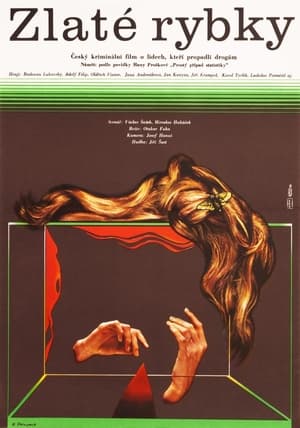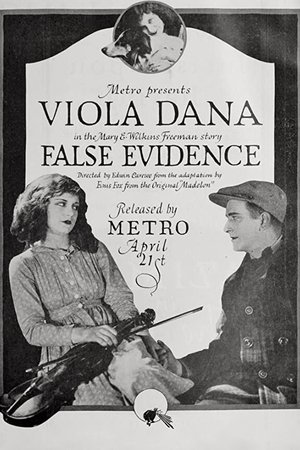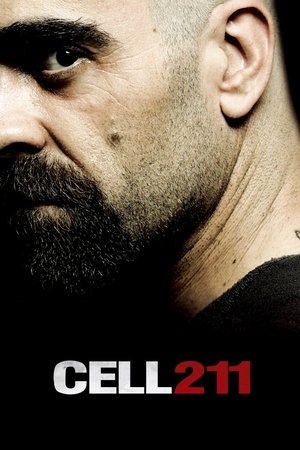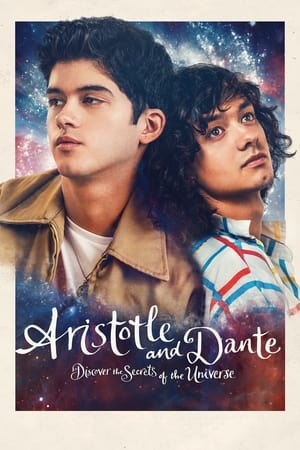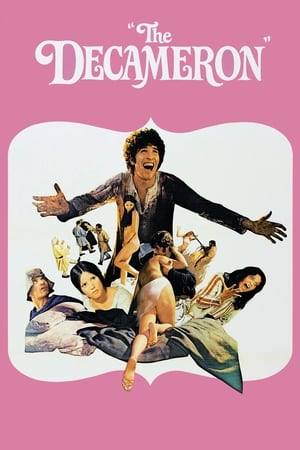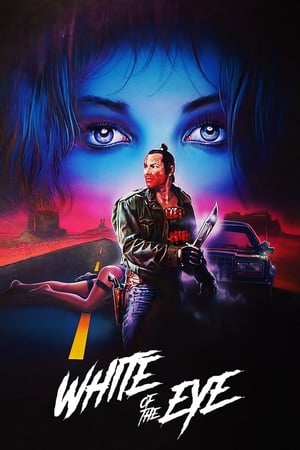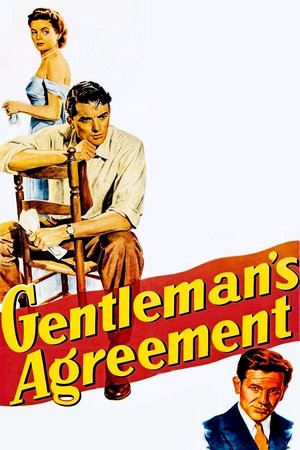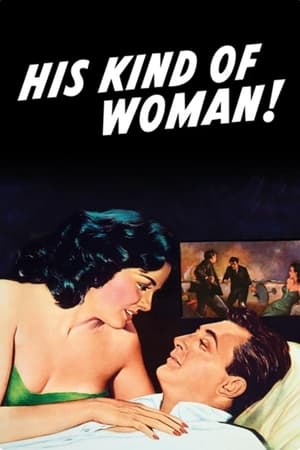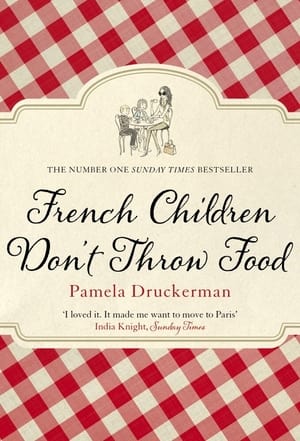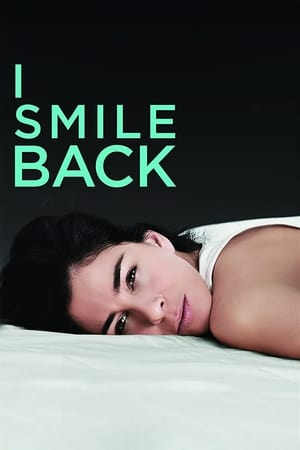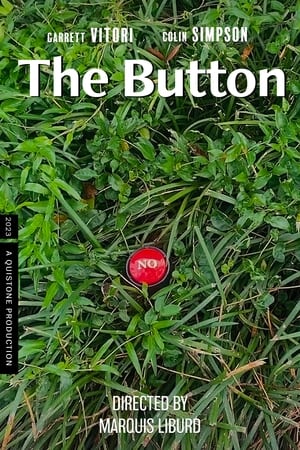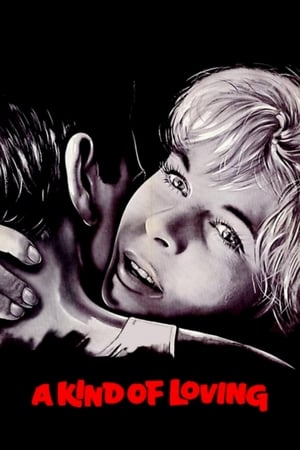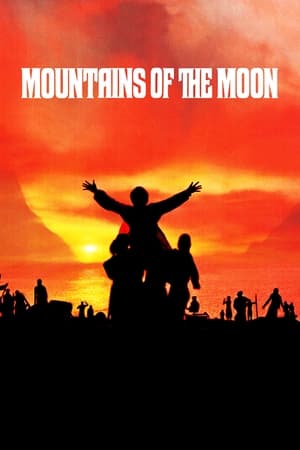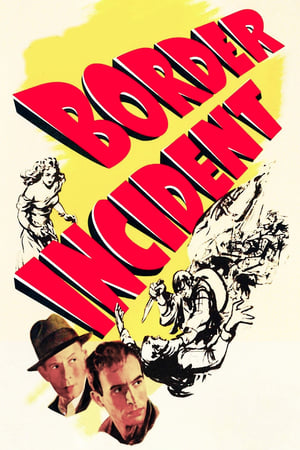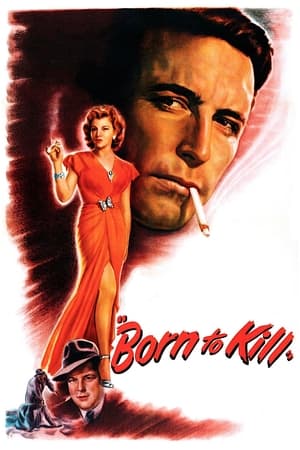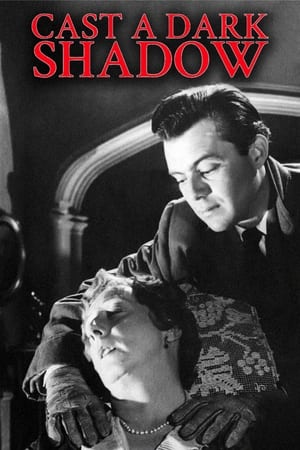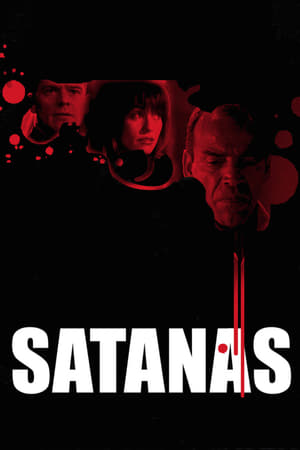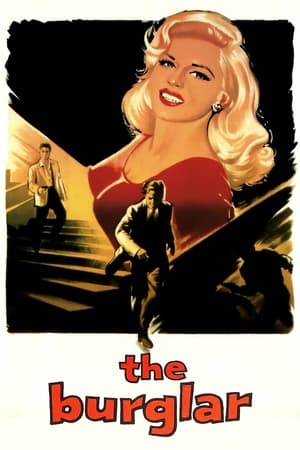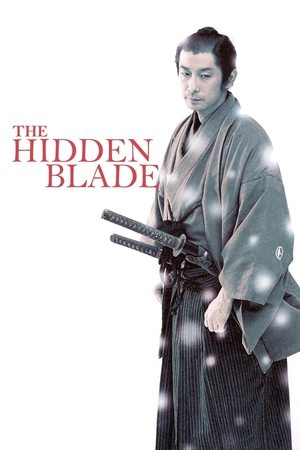Overview
In a moment of madness a middle-aged, married and respectable pharmacist kills a young woman who is sun-bathing by a lake. Unable to take in what he has done, he flees from the scene of the crime and behaves as if nothing has happened. Eventually her boyfriend is charged with the crime and, in a strange twist of fate, the killer finds himself serving on the jury.
Reviews
Grégoire Duval - The Pharmacist - The 7th Juror.
Le septième juré (The 7th Juror) is directed by Georges Lautner and adapted to screenplay by Pierre Laroche and Jacques Robert from the Francis Didelot novel. It stars Bernard Blier, Maurice Biraud, Francis Blanche, Danièle Delorme and Jacques Riberolles. Music is by Jean Yatove and cinematography by Maurice Fellous.
Horrible Crime Near Pontarlier!
Overcome by the sight of a nude lady sunbather, Grégoire Duval (Blier) forces himself upon her and in a panic strangles her to death when she begins to scream. Returning back to his hum-drum existence, Duval is shocked to find the victim's boyfriend charged with her murder on circumstantial evidence. He's even more shocked when he is chosen for jury service on that very trial...
Crime of a coward - or a madman?
A caustic and potent piece of French cinema, Le septième juré operates on many narrative levels. In parts it's a cracker-jack legal drama, featuring a court case of dramatic verve, while the observations about the sometimes folly of the law is brutally laid bare. At other parts it's a cutting deconstruction of small town mentality, of class distinction and standings, all of which are not favourably portrayed in the slightest.
First you must save your soul.
Firmly operating in the realm of film noir, the makers produce a clinically atmospheric picture. Georges Lautner opens with an ominous shot of a lone fisherman in his boat, out on a mist covered lake, the accompanying classical music amazingly in sync with the scenes. It's evident from this point we are in for some visual and aural treats. Blier provides a classic noir narration as we move among bohemian architecture, through smoky jazz clubs and clientèle exclusive bars. At night the streets are full of shadows, in daylight there's a muted tone to Maurice Fellous' photography, this is not a happy place to live - unless you be one of the secular bourgeois of course...
Othello was misunderstood too.
Other imagery strikes hard. A confession box sequence is brilliantly filmed, noir nirvana, a tilted mirror used during a key exchange between husband and wife is astute, and the pièce de résistance that involves grotesque reflections on a brandy glass. Haunting scenes drop in and out, normally involving the tortured Duval staring blankly out at someone, while the court case is a hot-bed of hurt and chaos, even turning to the macabre as the crime is reenacted at the actual murder scene. Lautner also likes pull away movements as well, and so do we!
Superbly acted, directed, scored and photographed, this is yet another French film that proves that although the first wave of American film noir had faded cum the start of the 60s, the French were keeping the flame alight well into the decade. From that opening misty lake scene, to the black twist finale that is crowned by a stunning ambulance light sequence, this is black gold cinema. Merry Christmas. 9/10

 105 min
105 min
 6.8
6.8
 1962
1962
 France
France
 John Chard wrote:
John Chard wrote: